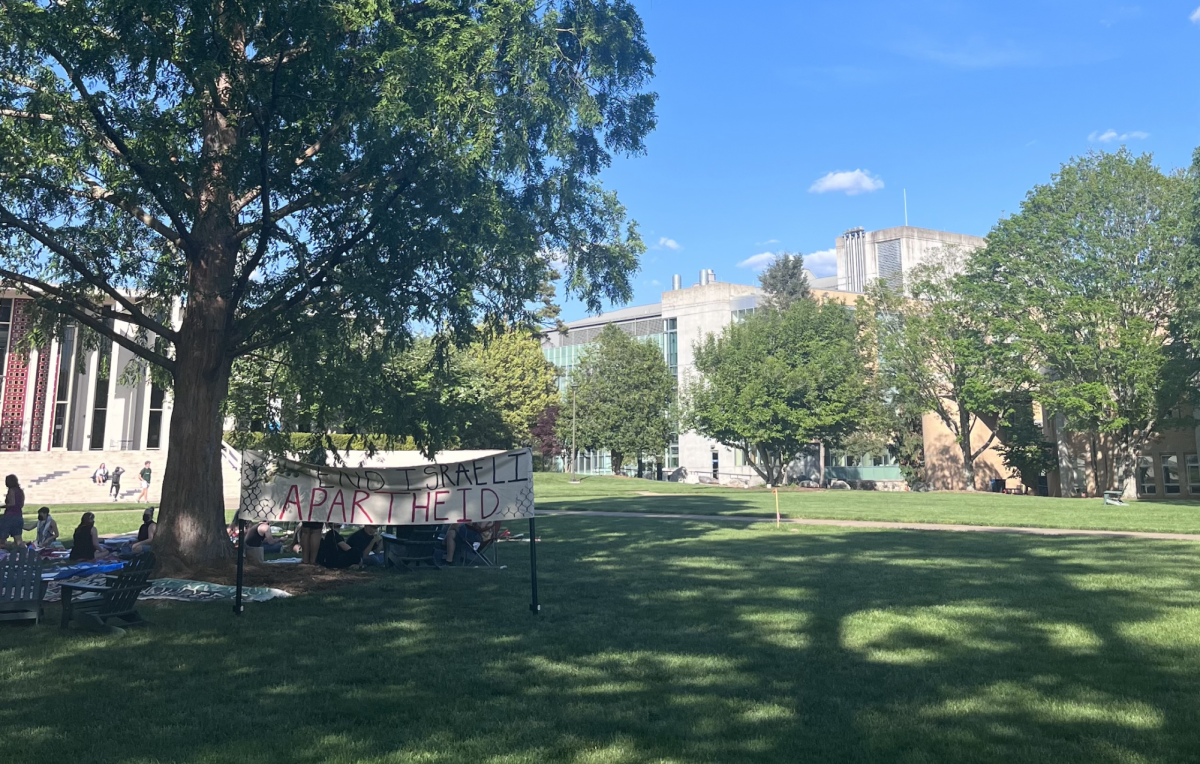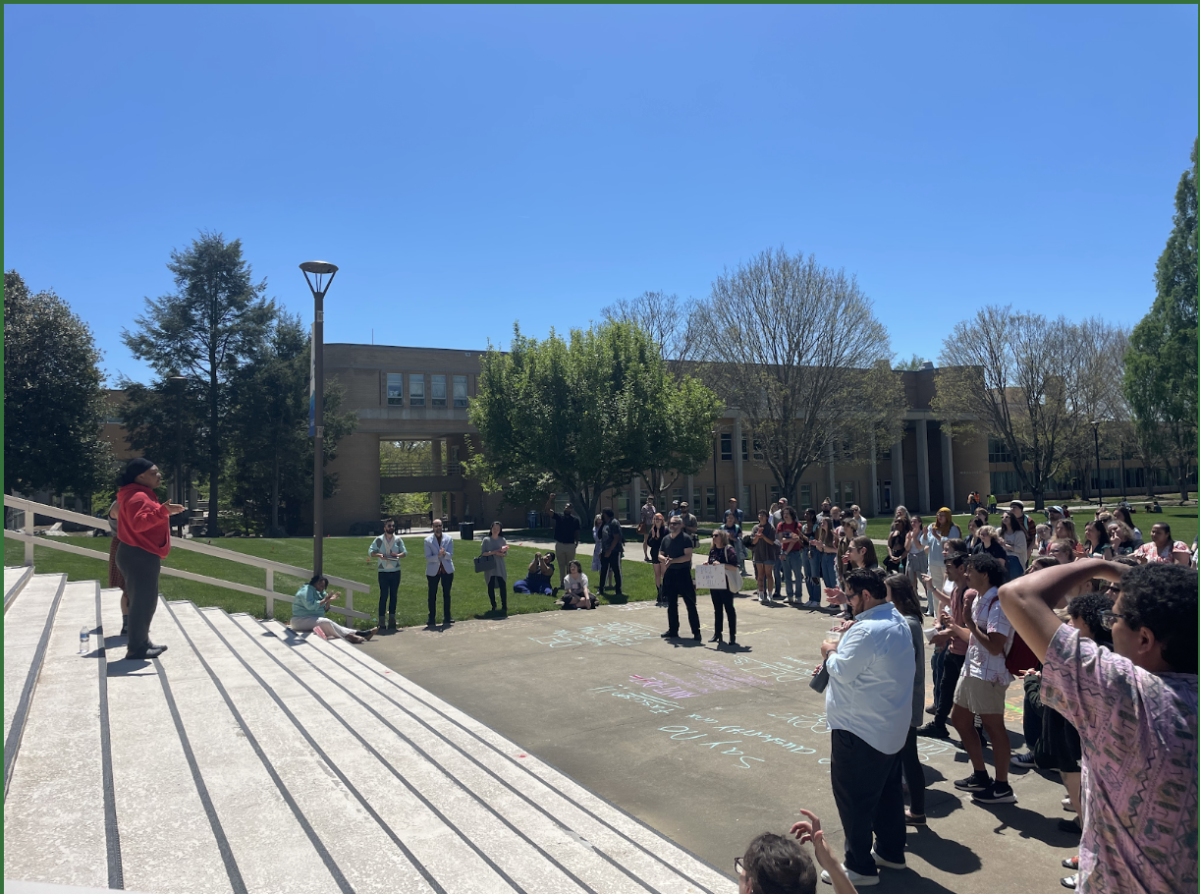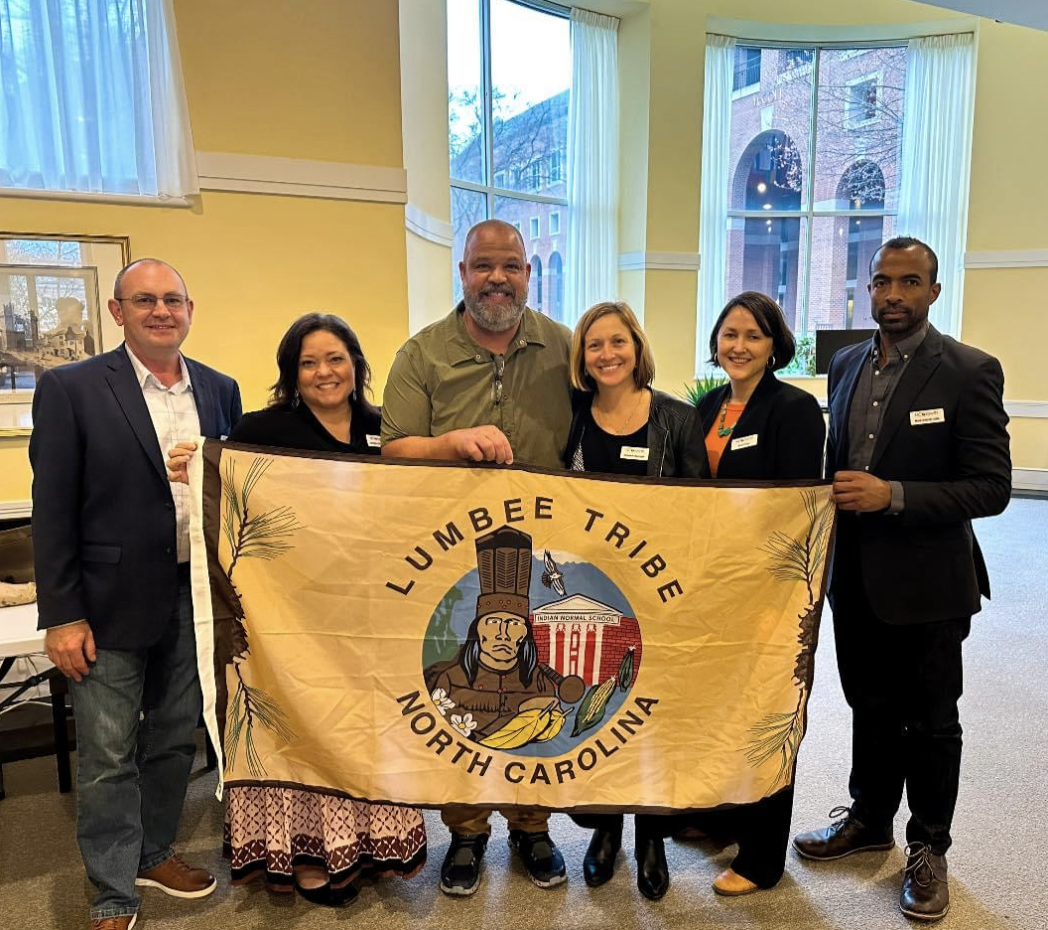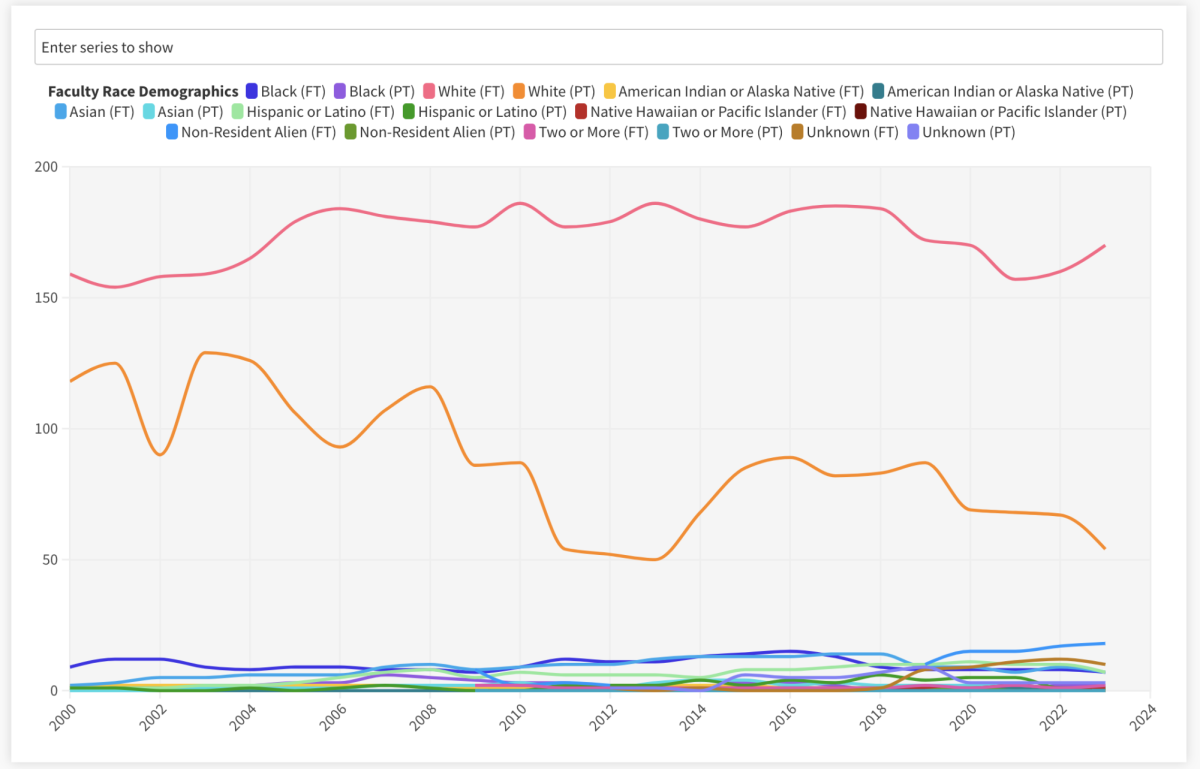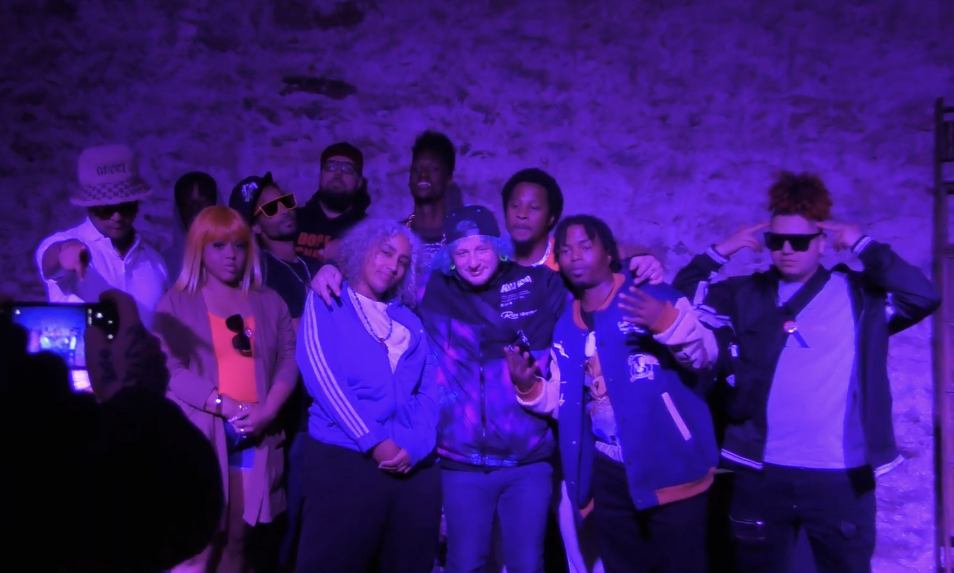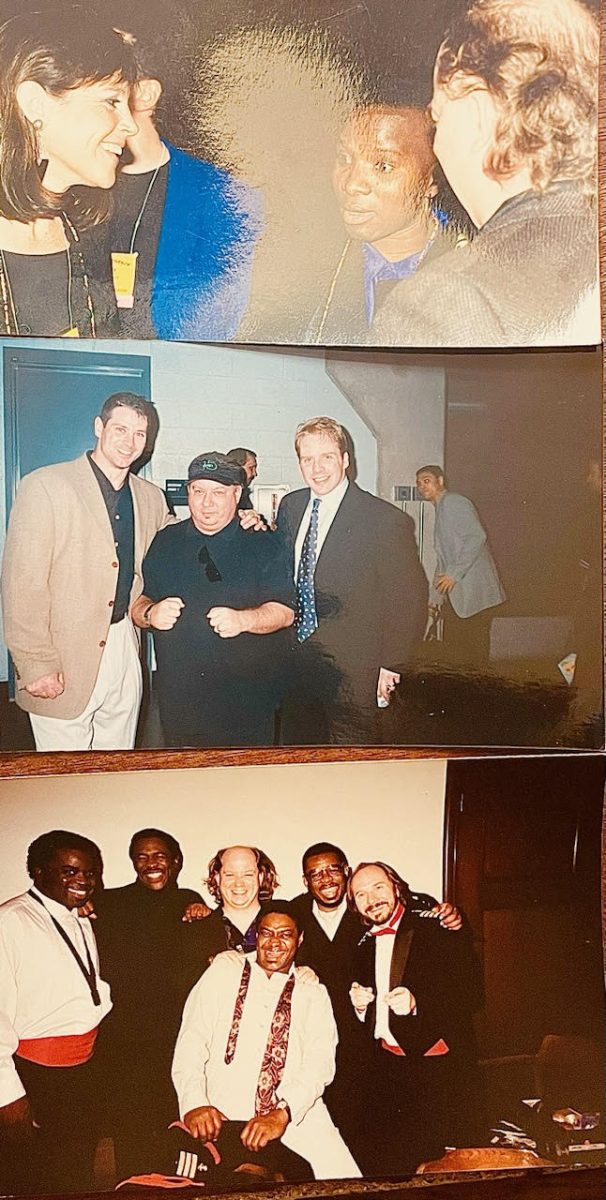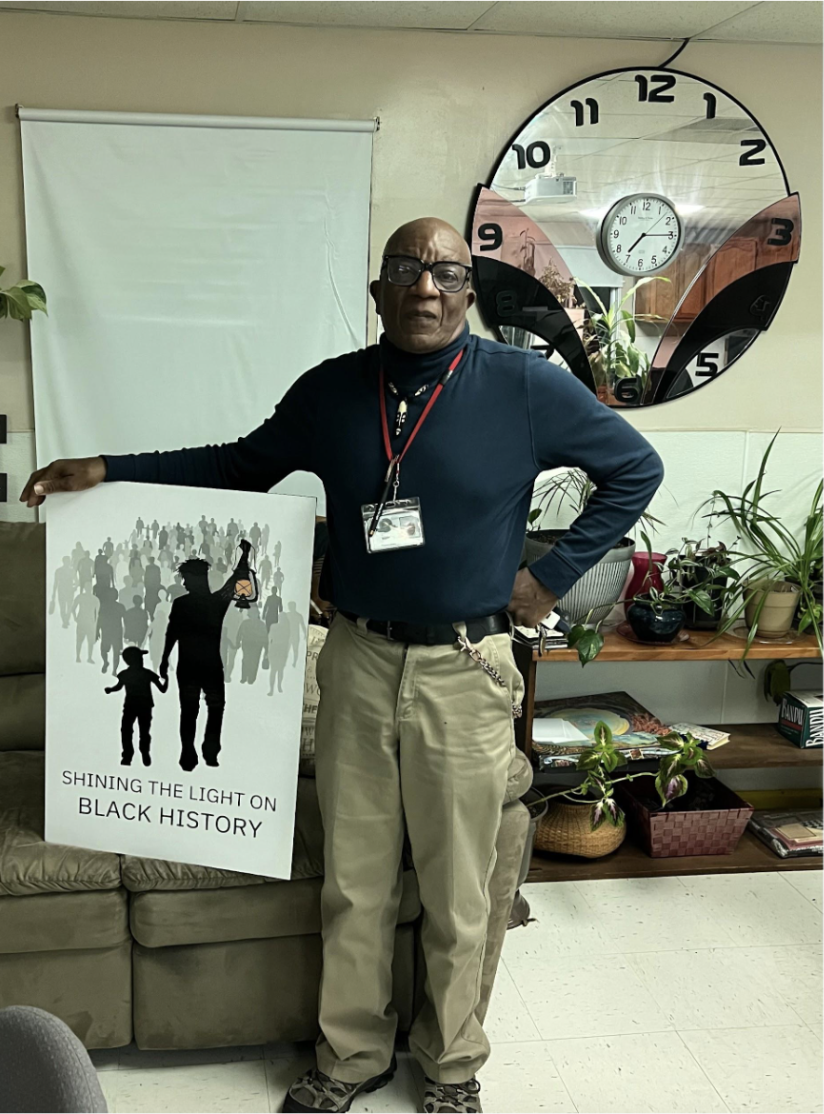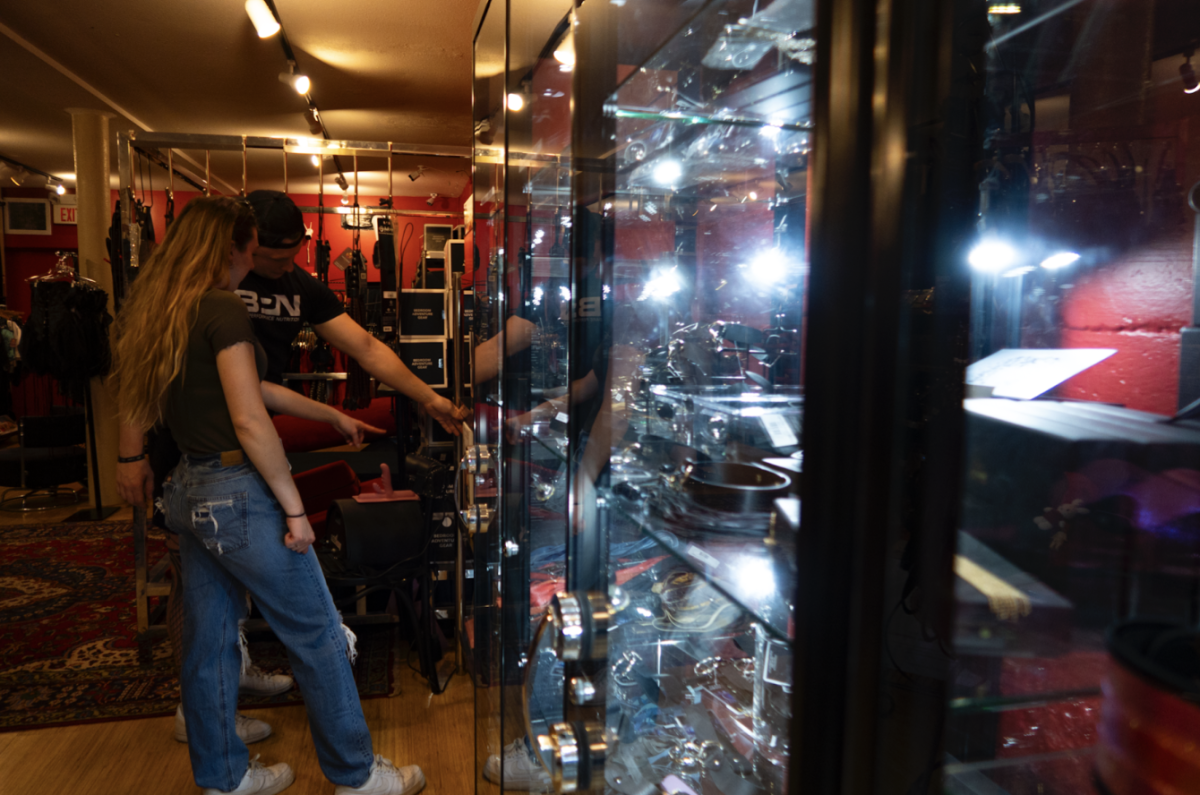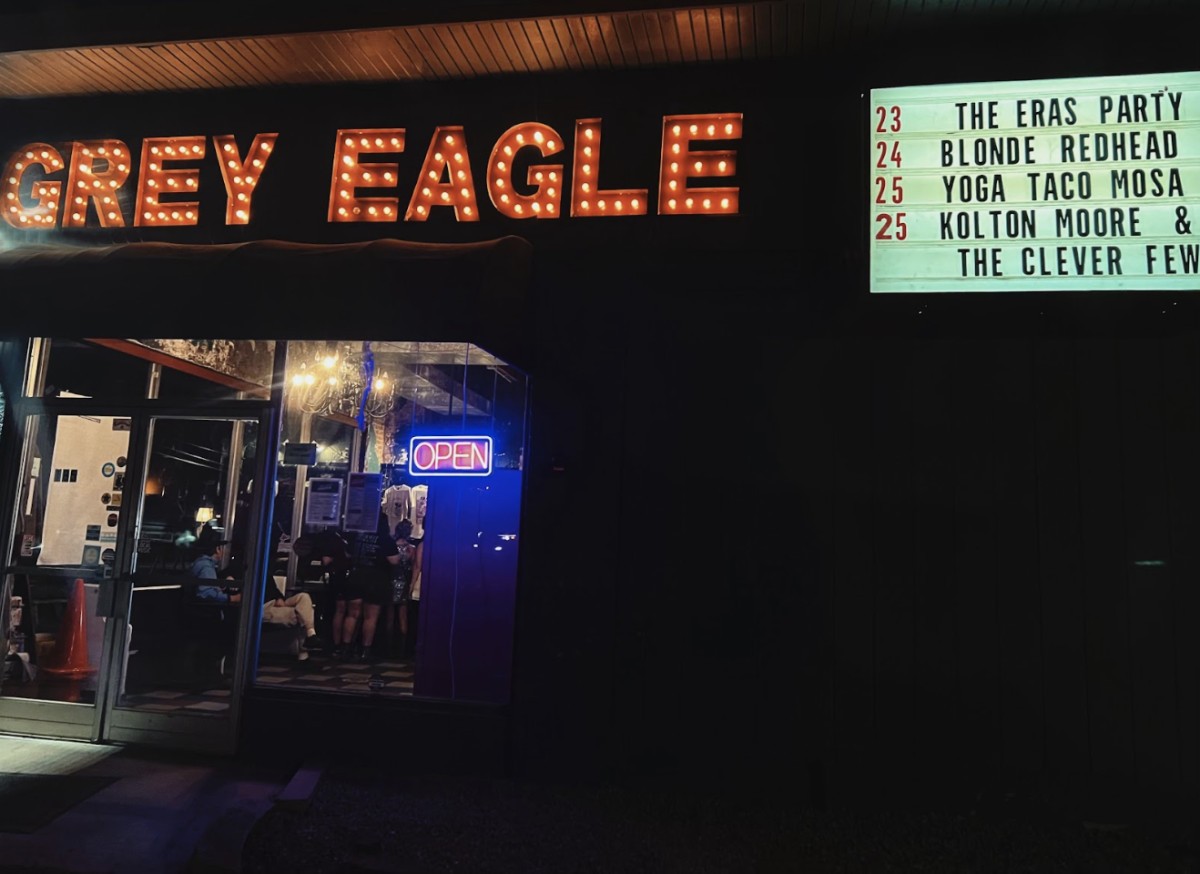At first it was the usual pleasantries involving the weather and the game of hockey, the common ground they shared at first glance. Humoring the man, the kid was attentive and listened to what this guy had to say. He said a lot. Seemingly overjoyed with the sudden companionship, the man started to rattle off stories from his past.
Class was let out early and the day was beautiful, especially for it being the second week of February. A false spring that was going to be taken advantage of. The temperature was in the mid-60s with a light breeze, perfect for roller hockey. The college kid put on his skates and gloves that have not seen any action for a couple months due to the cold of winter. Only a few people out there on the rink that day, good, less people to maneuver around. As soon as his stick touched the puck, a short stubby old man in sneakers with giant surgical scars running down both his knees that had been shooting pucks approached the kid and introduced himself as Joe.
Joe grew up playing with and befriending hall-of-famers like Guy Lafleur and Réjean Houle, Montreal Canadiens legends. This caught the ear of the kid who only wanted to work on his puck handling that day. The kid who struggles to maintain his balance just standing there as he scooches closer so as to not miss any detail.
Joe played with and against a plethora of that caliber of guys at the Henri Richard Hockey School in Montreal, the school was more like a summer training camp at a hockey rink. The instructors were hockey legends Henri Richard, Yvan Cournoyer, and Jacques Lemaire.
“I was good, I was a good passer, I could hit guys and I could take a hit, but I could never make the pros, I hurt myself badly when I was 12,” Joe said.
Playing football in the street with his older brothers and their friends, Joe fell onto the edge of a curb straight onto his tailbone.
“‘It took me over an hour to get home, we were just a few blocks down. My brother took a look at it and he said “ah, you’re aight, just rub some Bengay on it.” And we had a neighbor who was a doctor who looked at it, and even he missed it,’ Joe said.
Joe had severely injured his tailbone in that fall and a year later found out that his tailbone had fused in the healing process.
Joe was an active child, he started playing hockey at six-years-old. Started boxing at seven-years-old and played football, soccer, and basketball, soccer specifically at a high level. He was the captain of his soccer and hockey teams in high school and at junior college.
“I wasn’t an angry child per-se, but I just wanted to hit anything that moved. Which, being in a lot of sports, wasn’t a bad thing, I guess. But I just needed to be active and constantly doing something,” Joe said.
At the age of 9, Joe’s father unfortunately passed away which was a big factor in Joe’s aggression and desire to always be competing, be on-the-go, and trying new things. Joe was figuratively running away, but just in place until he was old enough to leave home and run for real.
“He was in the army and worked at Fort Drum. He was a scout for the Brooklyn Dodgers before they moved to LA. I don’t think I ever got over his death,” Joe said.
Another driving force behind Joe’s wanderlust was where he grew up. Watertown, New York is a small city near the border of Canada, close to Kingston, right next to Lake Ontario. When Joe was a kid, Watertown boasted about being the city with the most millionaires per capita in the country. Watertown had an egregiously white and conservative populace, even for the 60’s, which irked Joe.
Joe was interested in people and culture that were entirely unlike the one he was brought up in. Being so close to the Canadian border, he listened to Canadian radio and was exposed to music and news coverage beyond the typical American perspective.
“I treat guys that I meet out here at the hockey rink like they are Guy Lafleur, to a degree. Everyone has a story, I truly believe that. If you are open and listen, everyone has something to say, and I am genuinely interested in that,” Joe said.
While entertaining the kid at the rink, Joe continued to shoot his pucks. They were wrist shots aimed for the crossbar, high and hard. Each puck soaring through the air coincided with another story that you would never expect to be told by a soft spoken, 5’7”, seemingly gentle guy with two reconstructed knees. Even with his focus split he was able to rarely misspeak and always deliver a strong shot.
After that conversation came to a close, the kid started to warm-up, shooting a few pucks into the boards and another person came up to him with more jaw dropping stories filled with famous names.
Another old guy, short and husky. He introduced himself as Mr. Medwick and handed the kid his card. It said “writer, singer, drummer.”
Medwick grew up in a musical household with four siblings and a single mother. Everyone learned to play an instrument and had their own record collection. Medwick wanted to learn the piano and his mother would have taught it to him but he never had the patience or time, he was busy with sports, other instruments, and chasing after girls.
Medwick got his start out of Ithaca, New York by becoming a booking agent with his dear friend and mentor, of sorts, Terry Singleton who had already done work for Pyramid Sound Studios with John Perialas.
“I got into the music business because Terry was doing it,” Medwick said.
Singleton had booked Charlie Starr, a blind black rhythm guitarist, to play at Indiana State University which was a success, so much so that next year the band Yes was touring and playing at Indiana State University and Singleton booked Starr to open for Yes. Yes were about to go with another band but they wanted too much money, that band would end up becoming popularly known as The Eagles. Yes could not believe the talent and audience reception of Starr.
Starr, years before, had been in Los Angeles and was in a recording studio doing work for Keith Moon and Stevie Wonder.
The connections do not stop there. Singleton had worked with Bobby Comstock who also came out of Ithaca.
Ithaca is the home of Cornell University, so there was a lot of potential to make serious connections with people that could become very successful.
Comstock was a musician turned agent. He had a few hits in the 50’s, the biggest one being “I Wanna Do It.” Comstock had worked with a teenage guitarist back in LA who would eventually become Larry Carlton, a studio musician for many artists, most prominently with Steely Dan and Joni Mitchell. Carlton would eventually join The Crusaders and have a solo career and is heralded as one of the greatest fusion guitarists of all time.
Comstock and Singleton both took part in booking Chuck Berry at Madison Square Garden on more than one occasion.
Medwick and Singleton became subagents for Mike Martino at Premier Talent that was run by Peter Barsalona. Martino knew Singleton and Perialas from his time in Ithaca. Premier Talent was huge, they were the first major booking agency in the country. Medwick and Singleton were just low level guys so they got “low level talent” from Martino but some of the talent would skyrocket into popularity. They booked Jimmy Buffet at Dartmouth for their Winter Carnival, Billy Joel at Brockport State University, and Rush at St. Bonaventure before their first album.
“I think (Rush) made 100 bucks from that show. I think we were good at all of that because we treated these guys like they were The (Rolling) Stones, y’know, to a degree,” Medwick said.
Joe and Mr. Medwick were the same guy and the kid could not believe what he was hearing. How could this completely unassuming man have encountered so many famous individuals and accomplished all of those things?
All this time Mr. Joe Medwick was booking bands, playing semi-pro hockey, and was a journalist. He loved to write and was a good interviewer.
“I did my research, I knew more about the person who I was interviewing than they knew about themself. I love to do research,” Medwick said.
Medwick would leave Premier Talent and New York to attend San Francisco University and get a near minimum wage job at Tower Records.
“They had you take a five page multiple choice test just to work there for damn close to minimum wage. But I get it, it was the place to be, everyone wanted to work there, and they were only hiring the best,” Medwick said.
He started at the bottom selling records, memorabilia, and merchandise but this was the musical hub of the world, at least for rock and roll, in the 70’s and 80’s. He got to talk to many famous people who were regulars at the store. Santana and everybody from Journey would frequent the store. They were locals. The manager of Journey owned an ornate building across the street from the store, but out of towners would also swing by if they were in town. Luciano Pavarotti, the famous opera singer, would come around often.
“We had a lot of celebrities come in. I remember Woody Allen was shooting a scene for a movie and he was literally in the store shooting all day, we had to shut down the store. When the movie came out, the scene was maybe 30 seconds… Joe was always great with the music celebrities, he was musically gifted, a great singer and drummer, and had his own band, so he was able to connect with them better and have an experience with them that we couldn’t have,” Randi Swindel said, who was an old friend of Medwicks who worked with him at Tower Records for a few years.
During his early days at Tower Records, Medwick had worked in the film industry with a producer friend of his named Ty Braswell. Braswell called upon Medwick on multiple occasions to help the production of more than a few projects by conducting interviews with musical artists such as Ray Charles, Miles Davis, B.B King, John Lee Hooker, and most of the cast of the 1973 documentary, Let the Good Times Roll.
Atlantic Records through one of their subsidiaries was making a straight-to-video documentary on Ray Charles. Charles was not vibing with some of the business executives there but when Medwick met Charles, it’s like he knew exactly what to do.
“Hey man, this is the thrill of my life,” Medwick said as he got close to Charles during their firm handshake.
Charles just laughed off the encounter, to which Medwick wanted Charles to know that he was being serious. Medwick squeezed Charles’ hand tighter and pulled him closer to Medwick this time.
“Hey man, I’m not fucking around. This is the fucking thrill of my life,” Medwick said.
The room fell silent. People were unsure how Charles was going to react. To the surprise of many, Charles laughed harder and embraced Medwick in a hearty hug. The interview went off without a hitch.
“It just seemed like the right time and right place to have Joe come on and do the project… I knew he would crush it, he and I wanted it to be something really cool and he had experience and an incredibly rich knowledge on the music industry and artists, their influences and all that,” Braswell said.
Braswell vividly remembers standing in the hallway just outside of where the interview was taking place and Medwick forming a connection with Charles.
Eventually Medwick would climb the corporate ladder at Tower Records and be transferred to their New York City offices. This is when things really started to pick up, when names were flying through the doors. Russell Solomon, the founder of Tower Records lived in the building, as did Cher, Kelly Mcgillis, and Keith Richards.
“Keith could never remember your name, I’m the same way. But he was the sweetest guy, so kind. That persona that he put on, it wasn’t bullshit, but he was much more than what people thought, he was so intelligent,” Medwick said.
One day Medwick and Richards would occupy the same elevator as they often did and Medwick invites Richards to the popular club, Lone Star Cafe, where Lonnie Mack was performing.
Richards went to the show that night and again the second night, but word had spread that Richards was attending the show, so the second night was packed and filled with notable celebrities.
Richards and his wife, Mick Jagger, Ronnie Wood, and both of their wives. Adrian Belew, Bob Dylan, and Paul Simon also attended.
Everyone was having the night of their lives, including Medwicks wife, Lori, who usually hated attending these events.
There was an interior balcony that overlooked the stage and main floor, this is where Medwick was hanging out with his artist friends, but it had been some time since he checked in with his wife.
When he found her she was sitting at a table and next to her were Mick Jagger and actor Matt Dillon. She waves him off, shooing him away before he cramps her style.
Swindel corroborates the whole story.
“It was a great time. To be there in the late 70’s and 80’s in that business was a literal blast, and it was sex, drugs, and rock and roll, it really was, but Joe was married and square in that way, he never did drugs, never got drunk, he would nurse a beer all night, but that’s about it. Those nights at Lone Star were great but I’m sure Joe remembers more than I do. Keith lived in the building and so did Russ and Cher at one point.” Swindel said.
Years go by and Medwick bounces around from career to career, never able to settle in one spot for too long. He became the head of marketing for film and music at International Video Entertainment where he worked very closely with Jose Menendez up until Menendez was murdered.
“That was a huge story, the Menendez brothers murdering them, him and his wife. Just horrible. (Jose) was a real piece of work, you know, he did horrible stuff, too,” Swindel said.
He would bounce around jobs some more until eventually he became semi-retired and settled in Asheville.
“It reminds me of Austin, the vibe and the music and the breweries. I think it’s beautiful here,” Medwick said.
Medwick continues to make music. He released his debut album, Memphis to Montreal, in 2017 and recently released his second album, All My Friends, near the end of 2023. He goes on tour in mid-July
Across his entire career, a few moments stick out.
***
At the end of the Ray Charles interview, there was a working phone booth in the room and Joe called his mom to share this moment with her.
Ray Charles does his thing where he is suave and charismatic but Joe’s mom was Irish-Catholic and had the attitude to back it up.
“Who is this?” Medwick’s mother snaps.
“It’s Ray Charles, baby”
“Yeah, whatever, put my son back on… who was that?” she asks Medwick.
“Ma, that was Ray Charles, just, be cool,” Medwick responded
They have a quick but poignant exchange.
Medwick during the interview with Charles had mentioned that his mother was a big fan of the Great American Songbook.
Back when Medwick was still living at home his mom was playing a Beatles cover on the piano, to which Medwick was very dismissive of and gave her some grief about it not sounding like the real Beatles.
Medwick’s mother told him, “one day you will learn to appreciate the Great American Songbook.”
Charles concluded the conversation with Medwick’s mother, saying, “You raised a fine boy, ma’am, and I just wanna let you know that he does appreciate the Great American Songbook.”
That moment holds a special place in Medwicks heart.
***
***
Another moment that Medwick holds dear is his interview with Jodi Mitchell.
She had just released Hejira, an album about going on a journey and never being able to stay in one spot, and this perfectly encapsulates Medwicks story, and he is not oblivious to parallel.
The interview was over the phone, though Medwick did end up meeting Mitchell in person, the phone conversation was special. They connected on a level unlike most people he had ever interviewed. They were two spiritual wanderers that crossed paths through sheer luck and through the technological affordances of the time. The stars had aligned.
Medwick had to cut the interview, Mitchell, like Medwick, could talk for hours, had been talking for hours, and would have continued to talk for hours more if Medwick had let her.
***
Medwick holds very little regrets in his life. There are very few things he wished he had done differently.
Looking back, he wishes that he stuck with childhood band, he believes that they were good enough to make it.
He wishes he could’ve taken a little less hard hits in sports, especially hockey, maybe he would have more mobility and less aches and pains.
He could have stayed at the corporate level of one of the many places he worked and cashed in.
These are small are small in the grand scheme of things, he wouldn’t trade the life he lived for anything.
But one sour thing about having met, befriended, and grown close to so many different people so long ago is that they are all getting old, and he has had to say goodbye to a lot of his friends. These heartbreaks are becoming more and more frequent.
He thinks about Guy Lafleur almost every day. Lafleur and Medwick were pen pals. Lafleur gave Medwick his home address so that they could stay in touch. They went to hockey games and other events together. Medwick has nothing but good things to say about his buddy Lafleur. Leafleur passed away in 2022 at just 70-years-old, one year older than what Medwick is now.
Russell Solomon, founder of Tower Records, died in 2018.
Tim Drummond, bassist for numerous artists, Medwick was good friends with Drummond and played an integral part in getting James Brown’s band back together for an HBO special, he died in 2015.
The musical artists who pass and the average person gets sad for a couple of minutes and goes on with the rest of their day, their passing hits Medwick tenfold. He got to experience and share and belong with these artists.
Medwick had mentioned on more than one occasion the movie Almost Famous, the 2000 film starring Kate Hudson and Billy Crudup. There is a line delivered by Kate Hudson that has stuck with Medwick.
“If you ever get lonely, just go to the record store and visit your friends,” Hudson said.
It is truly one of his favorite things to do in his older years. He loves to make music, he loves to dance with his wife, he loves to go down to the rink and shoot pucks at crossbars, and he loves to explore vintage record stores and visit some old friends.
